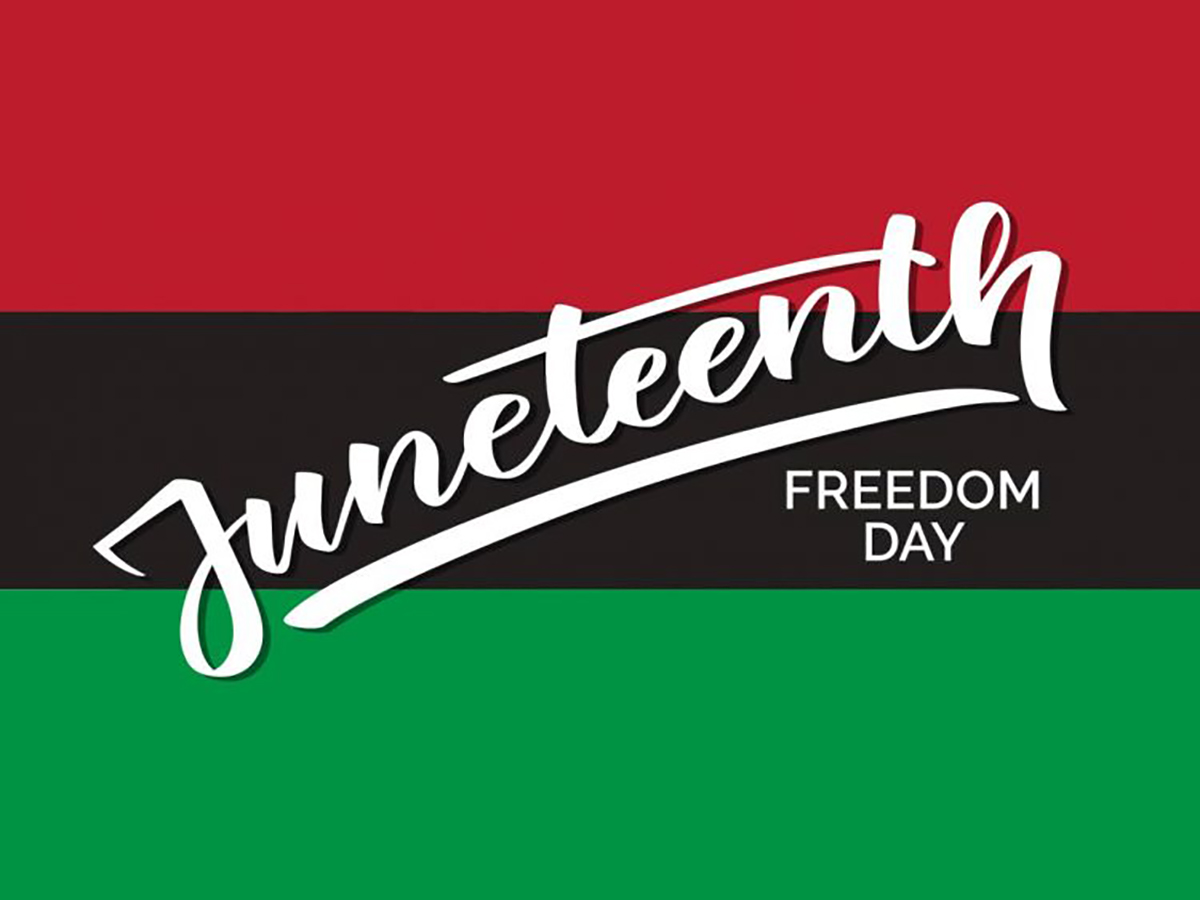
Juneteenth: An Important Date in Troubled Times
The term “Juneteenth” was first used in the 1890s, but only became more widely known in the late 20th century. And while the Golden Globes only recently weighed in, articles in the Globes Archives still have plenty to say in a year when U.S. acknowledgement of DEI (Diversity, Equality, Inclusion) is under attack.
The story continues, “The national holiday, frequently denoted with black, red, and green (the colors of the Pan-African flag), is now seen as a day of reflection. Juneteenth is celebrated in everything from speeches and educational events to family gatherings centered around special cuisine and traditional songs.”
The story also singles out the timely docu “Civil: Ben Crump” about the civil rights attorney who rose to national recognition as the lawyer representing the families of Trayvon Martin, George Floyd, Breonna Taylor, Ahmaud Arbery, Daunte Wright, and many others killed or wounded either in interactions with law enforcement officials or as the result of other racially-motivated confrontations.”
The Golden Globes Archives also includes two stories about films and TV shows relevant to Juneteenth.
The TV titles include “Atlanta,” Ava DuVernay’s docu “13th” and HBO’s superhero series “Watchmen,” one of the few times Hollywood addressed the 1921 Tulsa race massacre.
As a companion piece, the story about films relevant to Juneteenth cites the works of Oscar Micheaux, Sidney Poitier and Blaxploitation, through TV’s Roots, Steve McQueen’s 12 Years a Slave, and Ryan Coogler’s Black Panther. Most of these films and TV shows are still available, plus there are many others that have debuted since then, including the George C. Wolfe-directed Rustin, and Chinonye Chukwu’s Till, to name a few.